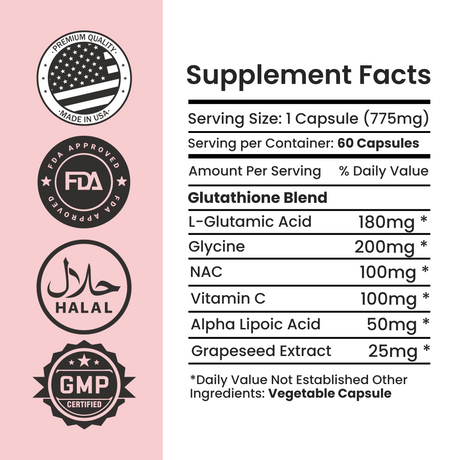In the dynamic world of business, companies often extend credit to their customers to foster growth and maintain competitive advantage. While this practice can drive sales and enhance customer relationships, it also introduces a significant risk: the possibility that customers may default on their payments. Accounts receivable insurance (also known as trade credit insurance) is a powerful tool businesses can use to protect themselves against this risk.
Understanding Accounts Receivable Insurance
Accounts receivable insurance is a type of policy designed to safeguard businesses against the risk of non-payment by their clients. This insurance covers the accounts receivable, which are the outstanding invoices a company has or the money owed by customers. By insuring these receivables, businesses can protect their cash flow and maintain financial stability even when some customers fail to pay.
How Does Accounts Receivable Insurance Work?
When a business purchases an accounts receivable insurance policy, the insurer agrees to cover a percentage of the outstanding debt if a customer defaults. This coverage typically includes:
- Commercial Risks: Non-payment due to insolvency, bankruptcy, or prolonged default by customers.
- Political Risks: Non-payment due to political events in a customer's country, such as war, expropriation, or currency transfer restrictions.
In the event of a claim, the insured business must provide proof of the default and demonstrate that reasonable steps were taken to recover the debt. The insurer then compensates the business for the insured percentage of the outstanding receivable, helping to mitigate the financial impact of the loss.
Benefits of Accounts Receivable Insurance
- Risk Mitigation: Protects against the financial loss caused by customer non-payment, ensuring more stable cash flow.
- Enhanced Credit Management: Helps businesses extend more attractive credit terms to customers, knowing they are protected.
- Improved Financing Options: Insured receivables can be used as collateral to secure loans or improve credit terms with banks.
- Global Trade Facilitation: Reduces the risk associated with international trade, allowing businesses to expand into new markets with confidence.
- Customer Insights: Insurers often provide valuable information on the creditworthiness of potential and existing customers.
Who Needs Accounts Receivable Insurance?
Accounts receivable insurance is beneficial for businesses of all sizes and industries that sell goods or services on credit. It is especially valuable for companies with:
- A significant portion of sales made on credit terms.
- Exposure to international markets and associated political risks.
- Customers with varying degrees of creditworthiness.
Costs of Accounts Receivable Insurance
The cost of accounts receivable insurance varies based on several factors, including the size of the business, the industry, the creditworthiness of the customers, and the extent of coverage required. Typically, premiums are calculated as a percentage of the insured receivables, ranging from 0.1% to 1%.
Conclusion
Accounts receivable insurance is a strategic investment for businesses looking to protect their financial health and enhance their credit management practices. By mitigating the risks of customer non-payment, this insurance allows companies to focus on growth and expansion with greater confidence. Whether dealing with domestic or international clients, accounts receivable insurance offers a robust safety net that can help businesses navigate the uncertainties of the marketplace.
By understanding and leveraging accounts receivable insurance, businesses can ensure their continued success and resilience in an ever-changing economic landscape.





























